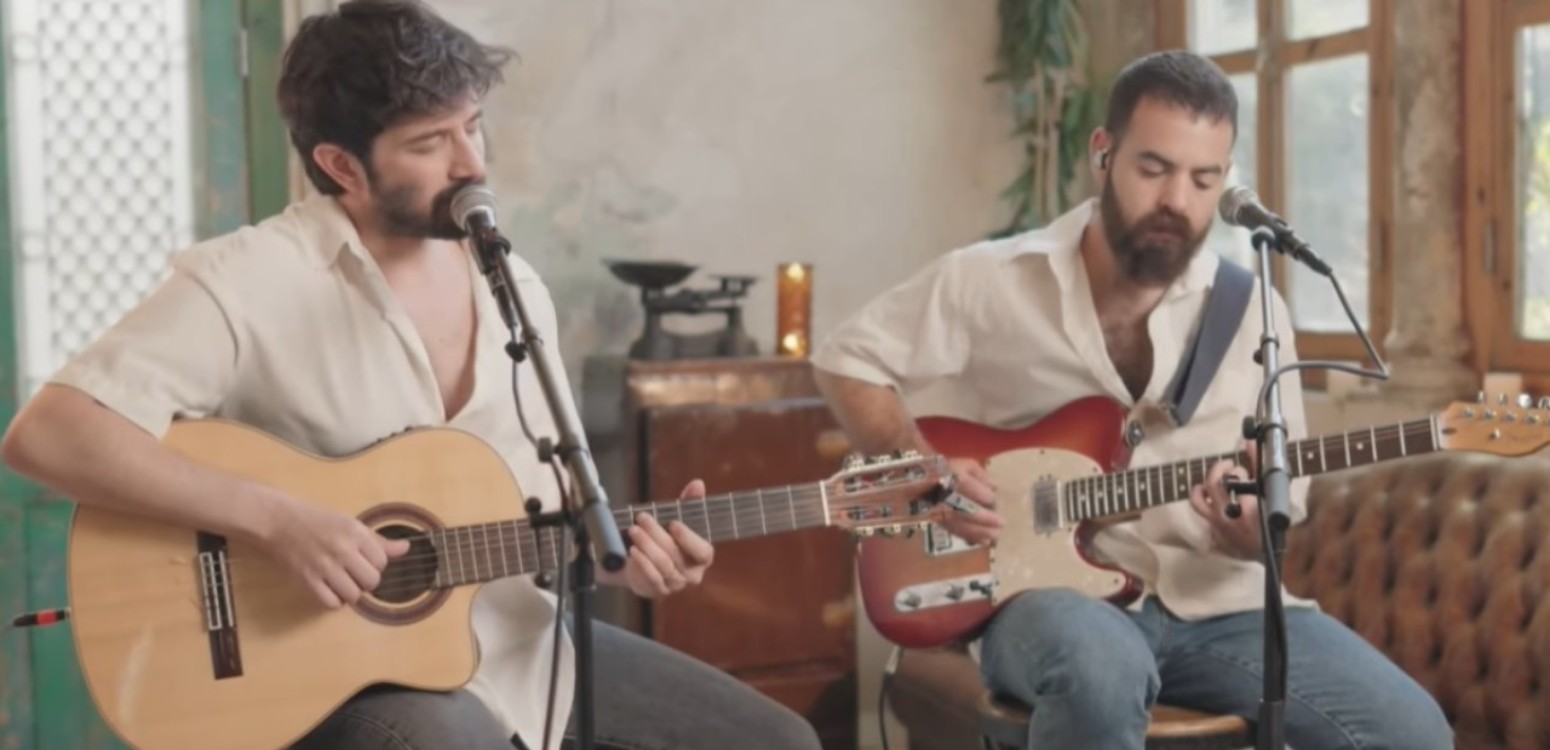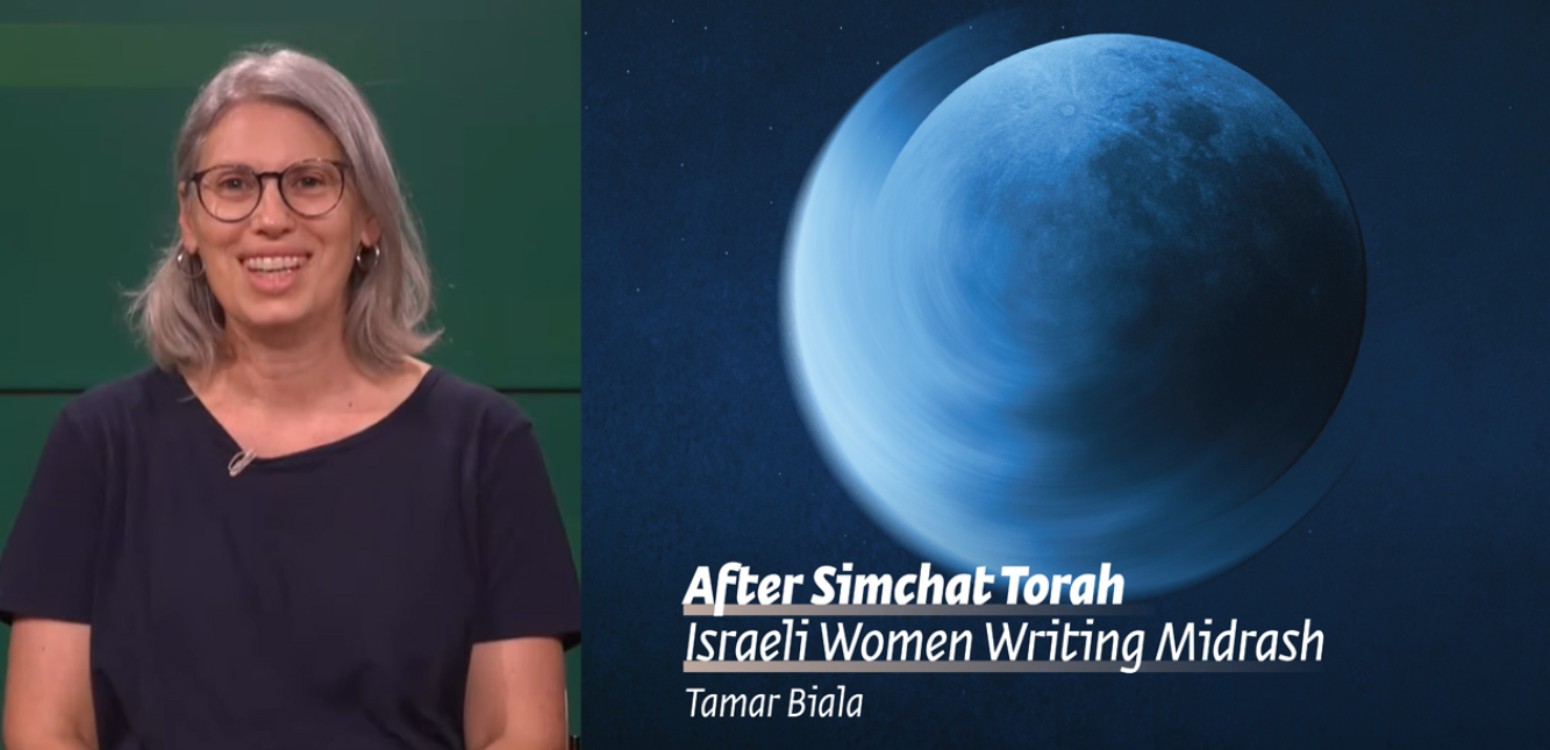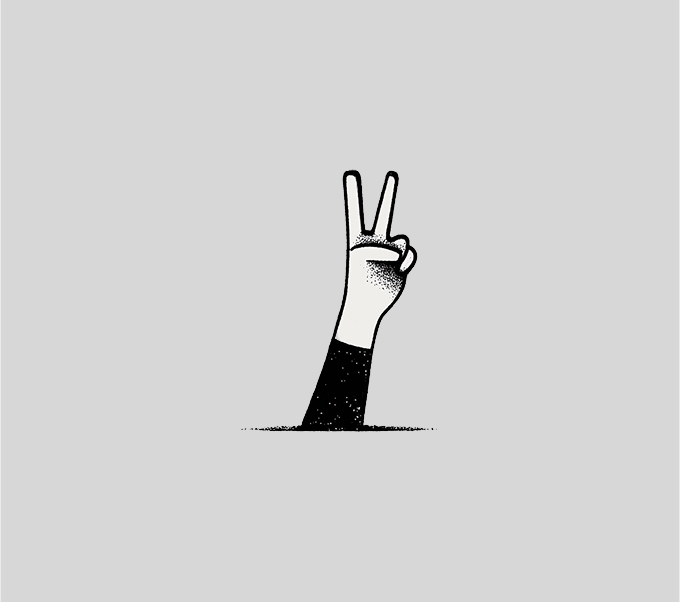
True greatness isn’t measured by how indispensable we make ourselves, but by how successfully we cultivate the very gifts that might render us unnecessary. Moses understood that the highest calling of any leader is to dream of a day when everyone can hear the divine voice for themselves
The greatest test of leadership rarely comes from external enemies or overwhelming challenges. It emerges in a quiet moment when those you’ve mentored begin to speak with your voice.
The scene unfolds in the wilderness, where the children of Israel find themselves in deep crisis. Overwhelmed by nostalgia and discontent, they weep for the foods of their Egyptian past – the meat, fish, cucumbers, melons, leeks, onions, and garlic that now seem like distant luxuries. Their complaints become a burden so heavy that even Moses, the greatest of prophets, reaches his breaking point.
“And Moses said to the Lord, ‘Why have You dealt ill with Your servant, and why have I not enjoyed Your favor, that You have laid the burden of all this people upon me? Did I produce all these people, did I engender them, that You should say to me, ‘Carry them in your bosom as a caregiver carries an infant,’ to the land that You have promised on oath to their fathers?” (Numbers 11:11-12)
Sharing the prophetic burden
God responds by instructing Moses to gather seventy elders for a ceremony where “I will draw upon the spirit that is on you and put it upon them; they shall share the burden of the people with you, and you shall not bear it alone” (ibid., 17). For the first time, Moses would share the prophetic burden – seventy men would assist in leading the Israelites.
During the ceremony, something unexpected occurs:
“And there remained two of the men in the camp, the name of the one was Eldad, and the name of the other Medad: and the spirit rested upon them; and they were of them that were written, but went not out to the tent: and they prophesied in the camp. And there ran a young man, and told Moses, and said, Eldad and Medad do prophesy in the camp. And Joshua the son of Nun, the servant of Moses from his youth, answered and said, ‘My lord Moses restrain them.’ And Moses said to him, ‘Are you envious for my sake? Would that all the Lord’s people were prophets, and that the Lord would put his spirit upon them!’” (Numbers 11:26-29)
While the seventy elders prophesy at the designated Tent, Eldad and Medad begin prophesying spontaneously within the camp. Joshua feels this challenges Moses’ authority and urges restraint. Moses’ response cuts to the heart: “Are you envious for my sake?” He exposes the real issue – jealousy.
No person owns the spirit
Rabbi Samson Raphael Hirsch (1808–1888) identified the deeper psychology at work: jealousy stems from ownership. We become envious when we believe someone possesses what rightfully belongs to us. Joshua assumes Moses owns exclusive rights to the spiritual realm – that only Moses decides who prophesies and where. But Moses rejects this possessive mindset entirely. As Rabbi Hirsch explains:
“The appearance of Eldad and Medad at the time of appointing the elders to the first Sanhedrin, as well as Moses’ words spoken at that time, are of supreme importance for all who come after them. For it was revealed here that the appointment of the supreme spiritual authority in Israel did not come to establish a monopoly of the spirit, for the spiritual talent given by God is not conditional upon any office or position, and the last person among the people is worthy to partake in God’s spirit – no less than the first in high office. However, Moses’ words are an eternal example for all teachers and leaders in Israel, teaching them that the supreme ideal of their activity will be realized when they merit becoming unnecessary among the people, when the nation in all its segments reaches the spiritual level where it no longer needs teachers and leaders!” (Rabbi Samson Raphael Hirsch, Commentary on the Torah, Numbers 11:29)
No person owns the spirit. Position – whether chief rabbi, university professor, or spiritual leader – doesn’t determine worthiness in spiritual matters. The question isn’t your title but what spirit you bring to the world.
A world where authority flows from inspiration, not position
Moses’ words reveal a deeper truth. As Rabbi Hirsch observed: “There is no person who cannot be lived without, and this applies even to Moses. Even his generation must know that the nation is destined to survive even without him” (ibid.). Every leader, no matter how vital, has a successor waiting. It’s no accident that Moses speaks these words to Joshua – the very man who will replace him.
“Would that all the Lord's people were prophets.”
In this remarkable wish lies Moses’ revolutionary vision: a world where spiritual authority flows not from position but from divine inspiration, where leadership seeks to multiply itself rather than hoard power. True greatness isn’t measured by how indispensable we make ourselves, but by how successfully we cultivate the very gifts that might render us unnecessary. Moses understood that the highest calling of any leader is to dream of a day when everyone can hear the divine voice for themselves.
Perhaps this is why Moses remains our greatest teacher – not because he jealously guarded his prophetic gift, but because he yearned to give it away.
Lior Tal Sadeh is an educator, writer, and author of “What Is Above, What Is Below” (Carmel, 2022). He hosts the daily “Source of Inspiration” podcast, produced by Beit Avi Chai.
For more insights into Parashat Behaalotecha, listen to “Source of Inspiration”
Translation of most Hebrew texts sourced from Sefaria.org
Also at Beit Avi Chai





















